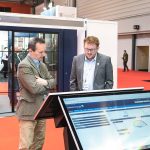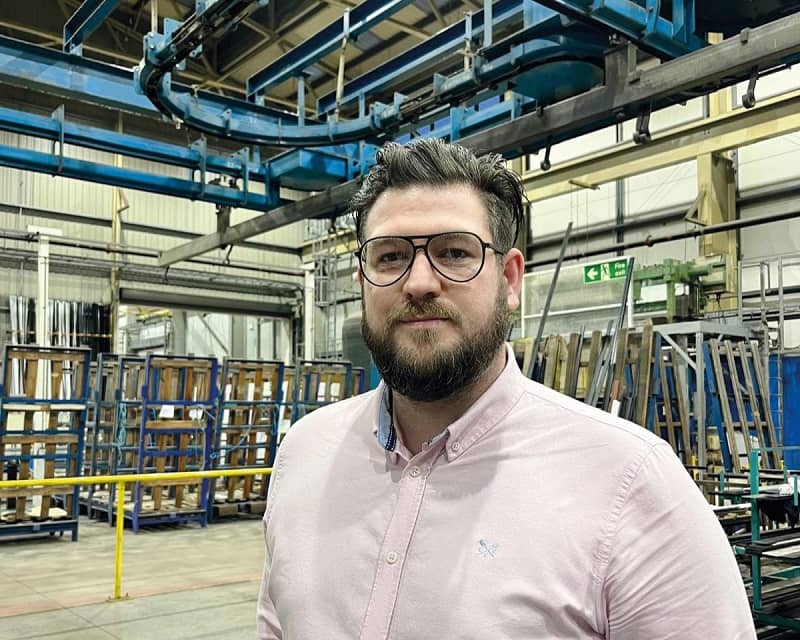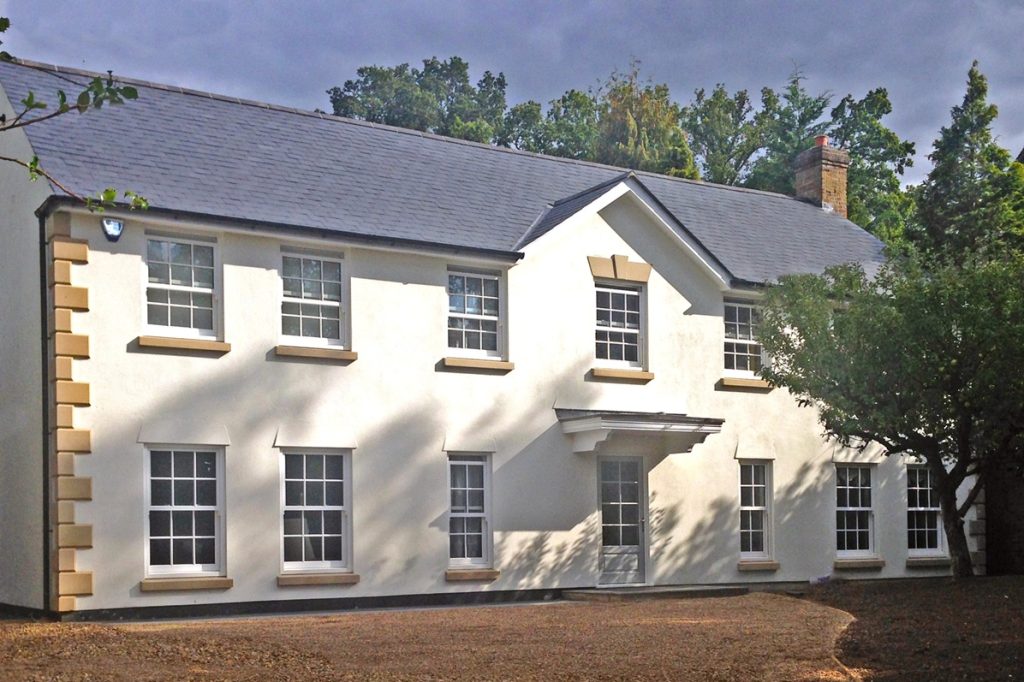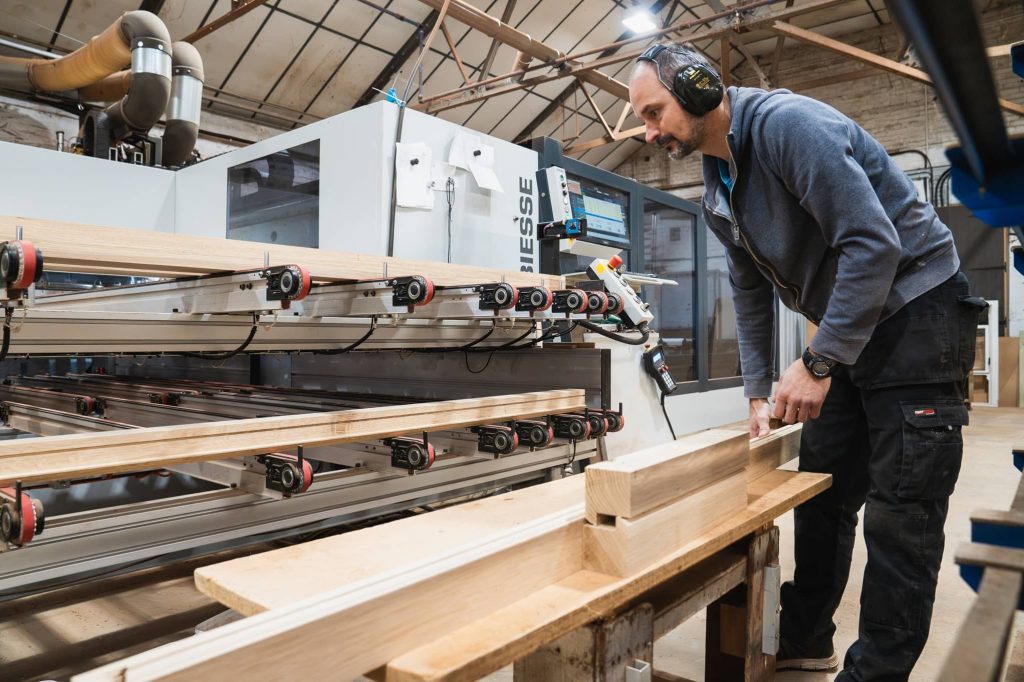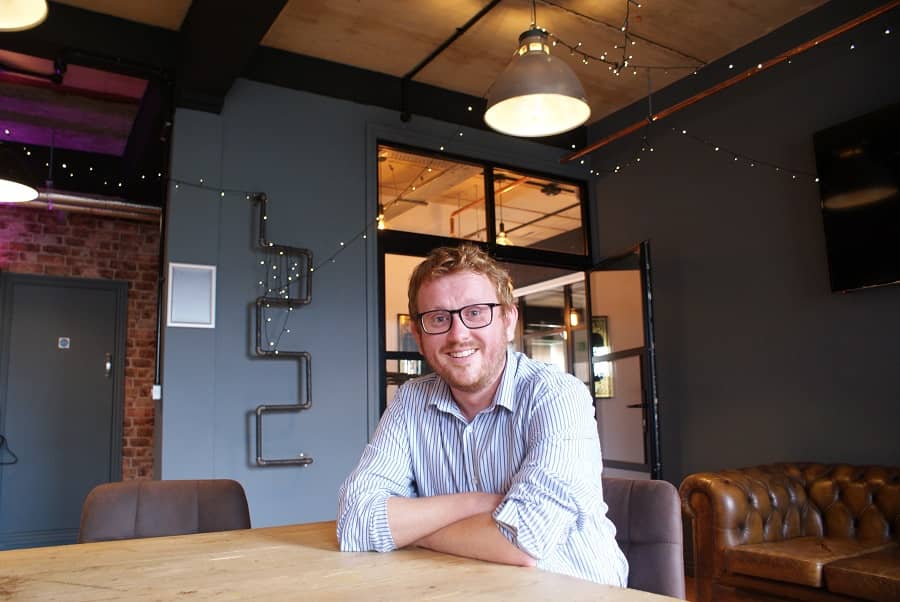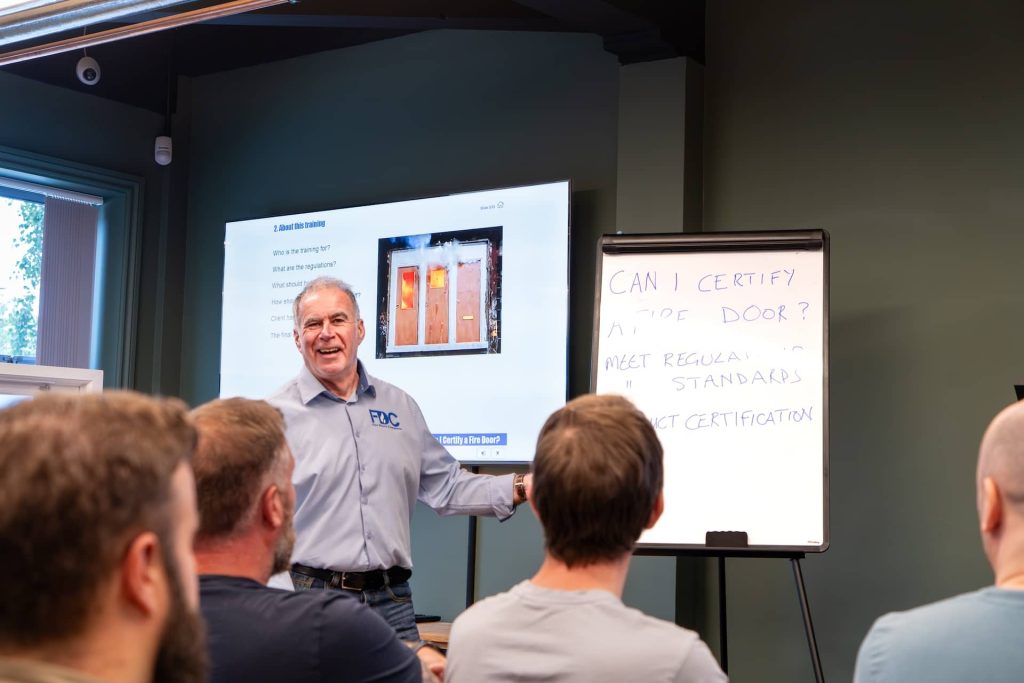WMCA-led consortium is awarded £7.5m to retrofit social housing

A construction worker or foreman at a construction site observing the progress of construction job or project, with copy space
A consortium led by the West Midlands Combined Authority (WMCA) has been awarded £7.5m to make hundreds of social housing homes more energy-efficient and improve the lives of people across the region.
Led by the Energy Capital team at the WMCA, seven partners made a successful bid for a share of the Government’s Social Housing Decarbonisation Fund to retrofit social housing, with the aim of retrofitting 622 of the worst energy-performing properties across the region.
As well as helping the region to achieve net zero by 2041, the funding will provide warmer homes for tenants, tackle fuel poverty and reduce the threat from energy price hikes. It will also boost business confidence among retrofit companies and increase the number of green jobs.
Andy Street, the Mayor of the West Midlands, said: “We are determined to tackle the region’s climate emergency, and retrofitting people’s homes is a key part of our plans to do just that. This is because too much of our property stock is poorly insulated, leading to higher energy bills and families falling into fuel poverty.
“Now thanks to this new funding from Government we will be able to help some of the most vulnerable households across the West Midlands facing high energy prices, whilst pressing on with our plans to become a carbon neutral region by 2041.”
Cllr Ian Courts, leader of Solihull Council and WMCA portfolio holder for environment and energy, added: “Homes are the highest carbon emitters in the region, accounting for 39% of emissions, that’s ahead of industry and transport. So, it is great news that through the WMCA and its partners we will be able to support our programme of investment into our housing stock and help people live in homes that will be both warmer and more energy-efficient.”
The WMCA’s consortium partners are Sandwell Metropolitan Borough Council, Solihull Community Housing, City of Wolverhampton Council, Community Housing Group, Midland Heart, Orbit Housing Group and Wrekin Housing Trust.
Ted Pearce, Director of Strategic Asset Management at Orbit, commented: “We are committed to reducing the carbon emissions of our properties and delivering on our net zero carbon targets in order to provide more energy efficient homes and sustainable communities for our customers. This new phase of funding will enable us to continue to utilise the latest technology and innovation to address the challenges in retrofitting social housing.”
Joe Reeves, Executive Director of Finance & Growth at Midland Heart, said: “We are delighted to participate in the Combined Authority’s consortium for decarbonisation funding. This will enable us to invest in our homes to make them warmer, greener and more comfortable, and is a real boost towards the local inclusive growth agenda.”
The total cost of the retrofitting project is £14.7m, with the balance funded from housing association and local authority budgets. The funding programme expects work to be completed by March 2023.
This funding follows on from the £2.86m awarded to the WMCA last year under the Sustainable Warmth Competition for housing retrofit and is part of the WMCA’s ground-breaking ‘SMART’ Hub initiative.
The SMART Hub (Sustainable Market for Affordable Retrofit Technologies) has been created by the WMCA as part of its investment to deliver its net zero targets. The team has already led the region to attract in excess of £10m, and supported partners in additional bids of more than £14m. This collaboration and capacity building will attract further funding and is also providing advice in delivering the retrofit programmes on the ground.
One of the challenges faced across the UK is the readiness of businesses to meet the demand of housing retrofit. The SMART Hub will also be working with local companies to grow the retrofit marketplace, creating new business opportunities and jobs, and demonstrating the economic opportunities created by achieving net zero.




